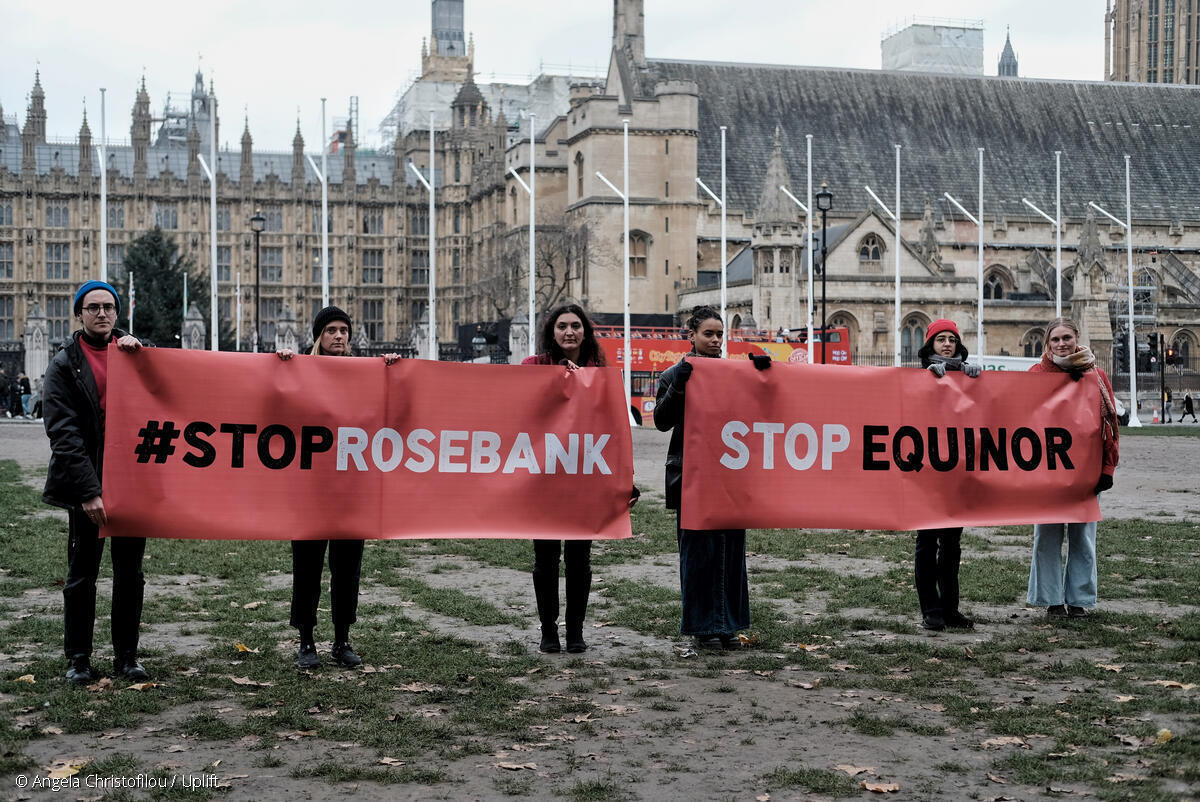Montréal, June 3, 2020 – The Sortons la Caisse du Carbone coalition, which is calling for the complete withdrawal of the Caisse du dépôt et placement du Québec (CDPQ)’s investments in fossil fuels, salutes the second year of significant progress noted in the CDPQ’s 2019 Sustainable Investment Report.
For the Coalition, the 2019 results show that the Caisse must set more ambitious climate objectives that respect climate science and that it must be consistent and stop investing in fossil fuels and related infrastructure such as pipelines.
According to the coalition’s report, the CDPQ has continued its work to reorient towards renewable energies and low-carbon investments. The indicators used by the Caisse indicate that its Investment Strategy to Meet the Climate Challenge has helped reduce its emissions per dollar invested. However, the coalition deplores the lack of a target and an indicator associated with the reduction of emissions in absolute terms.
According to the 2019 report, emissions per dollar invested in the CDPQ were down 12% in 2019, following a 9% drop in 2018. “As we demonstrated in our recently published Analysis of the Performance of the Caisse de dépôt et placement du Québec’s Carbon 50 between 2011 and 2019, the decrease in emissions in 2018 was largely explained by the withdrawal of high-emitting sectors, notably the oil sands. We have good reason to believe that the Caisse’s climate strategy has the effect of leading it to continue to informally disinvest in these sectors. We also note that in 2019, the proportion of the value of the energy portfolio in relation to the overall portfolio has decreased by 1% to 5%,” said Sébastien Collard, spokesperson for the coalition.
Diego Creimer of the David Suzuki Foundation salutes the CDPQ’s investments in renewable and low-carbon energy. “Fossil energy disinvestment players are aware of the concern of fund managers to retain a variety of assets to increase the resilience of their portfolios. By divesting fossil assets in order to make the transition, the Caisse is showing that managers can allocate considerable sums to the energies of tomorrow, a sector that generates stable income, creates many well-paid jobs and contributes to resolving the climate crisis”.
Despite its climate commitments, the Caisse continues to invest in fossil fuels and climate-damaging infrastructures. For example, in 2019 it acquired, in partnership with Engie, the gas company Transportadora Associada de Gás (TAG) for more than $3 billion. This company operates 4,500 km of pipelines in Brazil in a growing gas market. The Coalition believes that the Caisse can and must play a key role in economic recovery by being exemplary and completely ceasing to invest in fossil fuels while focusing on low-carbon investments.
Mélanie Busby of Mobilisation environnement Ahuntsic-Cartierville hopes that the Caisse will continue in this direction this year. However, “we recently learned that the Caisse had increased its interest in Suncor by 10%, its interest in the giant ExxonMobil by 29% and tripled its interest in Conoco Phillips, which goes against its decarbonization objectives. This is a worrisome sign. Today’s good results do not exempt the Caisse from its obligation to be more consistent and fully aligned with climate science.”
“This is a step in the right direction, but the Fund’s disinvestment targets are not ambitious enough to comply with the Paris Accord and contribute to limiting global warming to 1,5℃. If the Caisse wants to become a true climate leader, it must stop investing in fossil fuels and raise its targets to respect climate science that calls for a 50% reduction in global CO2 emissions by 2030 and the achievement of carbon neutrality by 2050,” said Patrick Bonin of Greenpeace Canada.
-30-
Contacts :
Diego Creimer, Public Affairs and Communications, (514) 999-6743 [email protected]
Loujain Kurdi, Communications Specialist, (514) 577-6657 [email protected]


